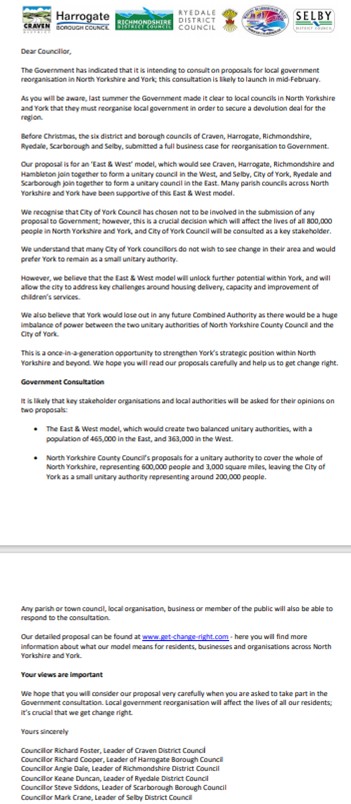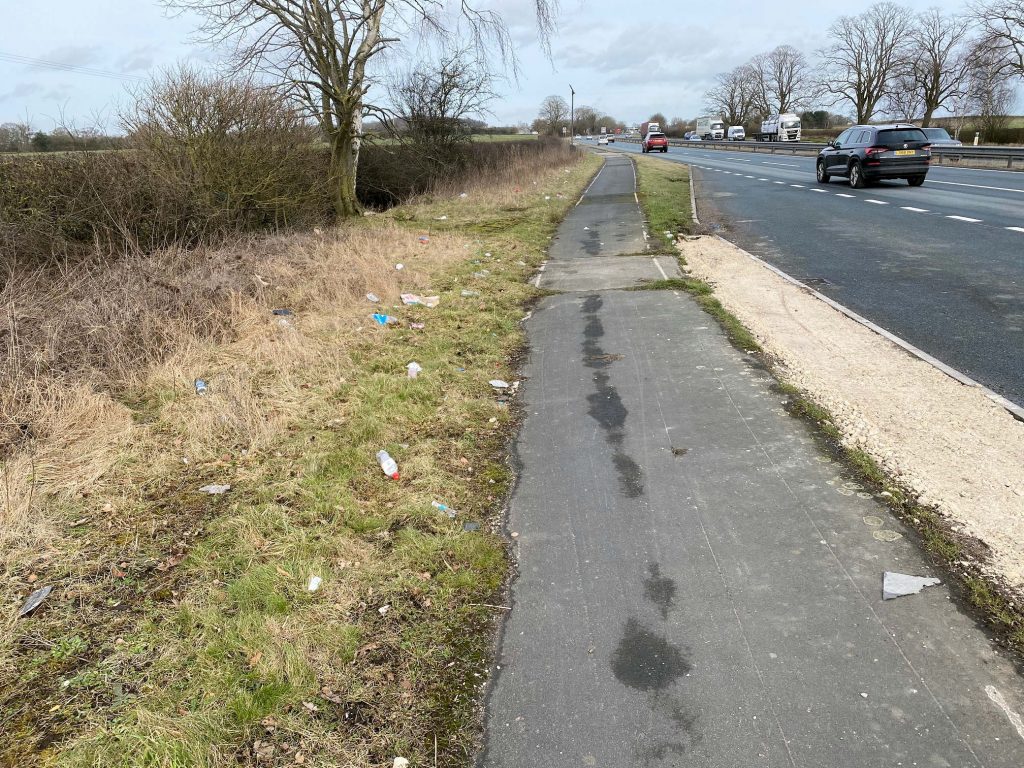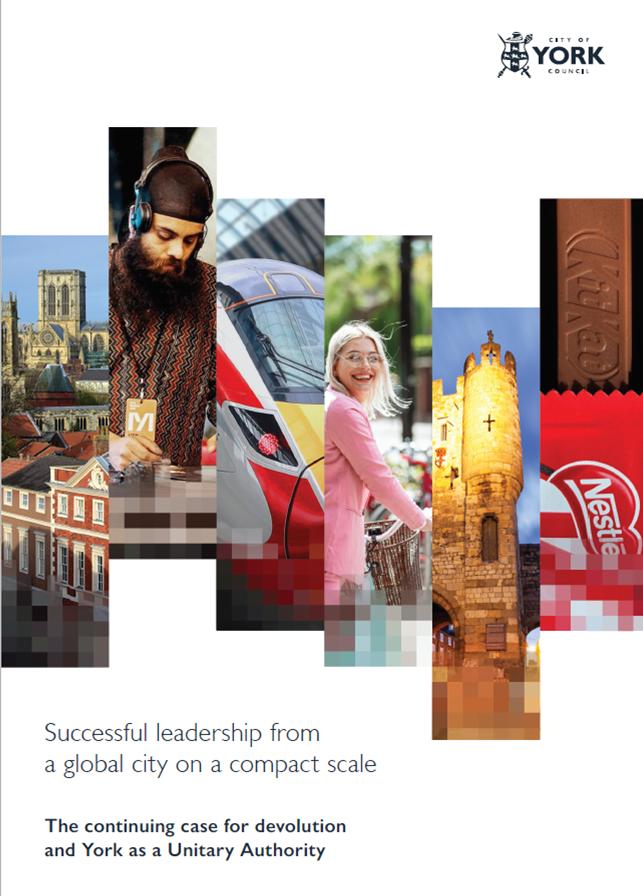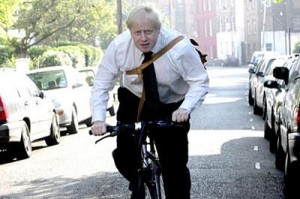
In a bizarre twist, the Leaders of 6 District Councils in North Yorkshire have written to York Councillors seeking their support for a reorganisation of Council boundaries.
The Leaders (4 Conservative, 1 Labour and 1 independent) favour a west/east split with York merging with Selby, Ryedale and Scarborough.
The government is expected to publish proposals for consultation next week.
The York Council favours a two way split with the North Yorkshire County Council becoming a unitary authority and York remaining as it is.
The letter from the District Leaders seems to be ill judged.
It pointedly fails to address the underlying threat to democracy – the imposition of a regional mayor – who would have wide ranging spending and regulatory powers. Far from bringing influence closer to local communities, the government plans would impose a remote, and probably insensitive, decision making model on our City.
There is no mention of the future of the long-standing York institutions such as the 800 year old role of Lord Mayor.

But critically, the inexperience of the District Leaders (their councils are not responsible for services such as education, social care and transport) is apparent when they criticise housing and children’s services in the City.
York is unique in the county in retaining a stock of 8000 council houses. The Districts have no experience of managing such numbers while children’s (care) services, outside York, are currently administered by the County Council.
The City Council has responded to the letter, fortunately resisting, for once, the temptation to point out the high Council Tax levels in North Yorkshire.
The latest re-organisation debate is an unwelcome diversion from more important matters.
York and North Yorkshire need all their resources to be focused on recovering from the pandemic over the next few years.
Exchanges of correspondence between politicians, all of whom have vested interests one way or another, simply adds to the confusion.




